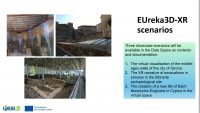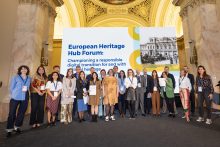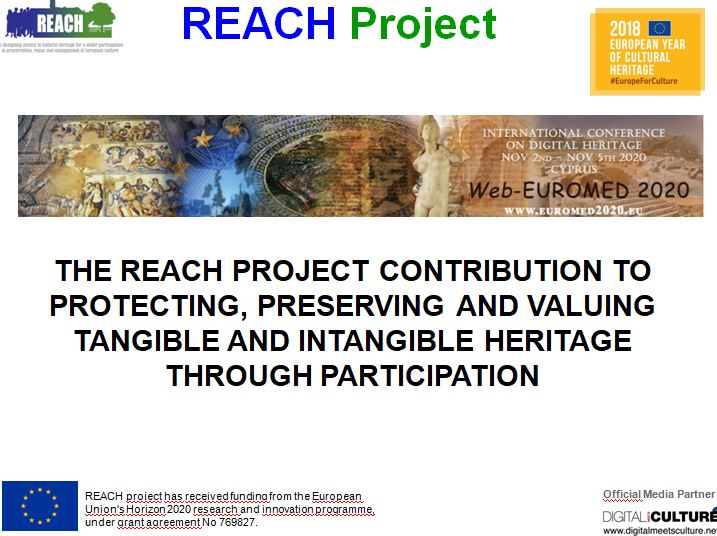 In the framework of the storytelling session of Euromed 2020 conference, the social platform of the REACH project will leave its contribution presenting a short speech titled “The Reach Project Contribution to Protecting, Preserving and Valuing Tangible and Intangible Heritage through Participation”
In the framework of the storytelling session of Euromed 2020 conference, the social platform of the REACH project will leave its contribution presenting a short speech titled “The Reach Project Contribution to Protecting, Preserving and Valuing Tangible and Intangible Heritage through Participation”
So far, the online high level event has gathered more than 150 followers and more than 1000 registration coming from 70 different Countries.
The 8th biannual European-Mediterranean (EUROMED) conference is co-organised by the UNESCO and the EU ERA Chairs on Digital Cultural Heritage. It brings together multidisciplinary researchers, policy makers, professionals, fellows, practitioners and stakeholders to explore some of the more pressing issues concerning Cultural Heritage today. In particular, the main goal of the conference is to focus on interdisciplinary and multi-disciplinary research on tangible and intangible Cultural Heritage, using cutting edge technologies for the protection, restoration, preservation, massive digitisation, documentation and presentation of the Cultural Heritage contents. At the same time, the event is intended to cover topics of research ready for exploitation, demonstrating the acceptability of new sustainable approaches and new technologies by the user community, owners, managers and conservators of our cultural patrimony.
Registration is free of charges and directly accessible by this link
Project’s paper agenda here
Euromed2020 conference webpage


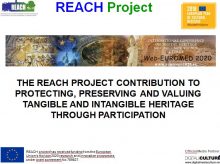
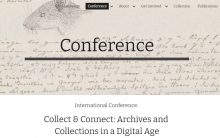
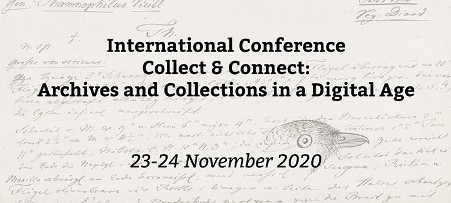

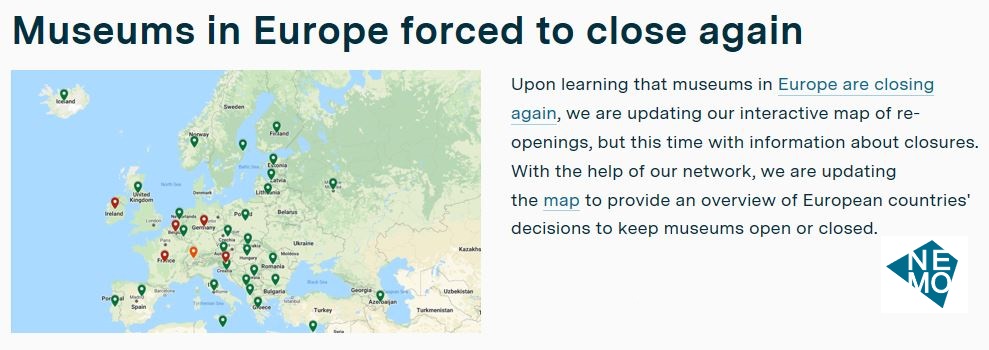 Six months ago,
Six months ago, 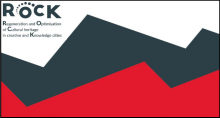
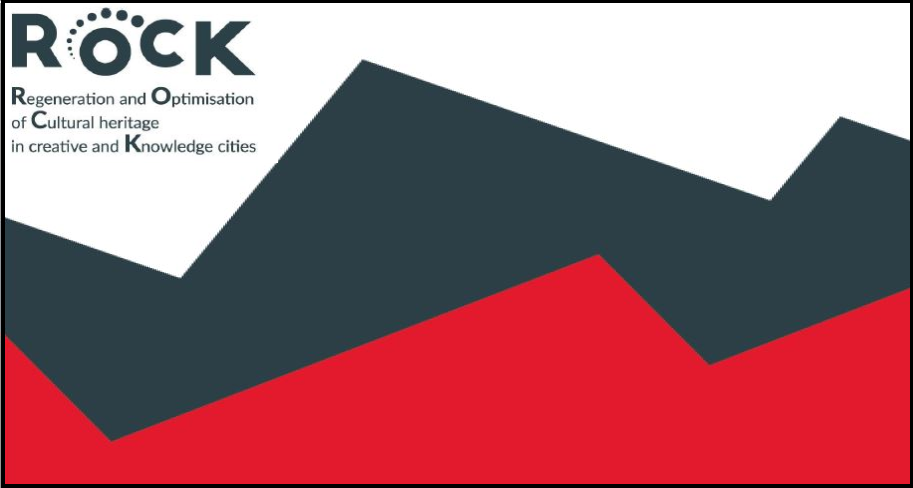 Today, place-based mainstream innovation policies in the EU are by large the so-called Research and Innovation Strategies for Smart Specialisation (RIS3 or S3 in acronym), which are promoted as an ex-ante conditionality for member states to get access to the European Structural and Investment Funds via Operational Programmes. Those strategies should be seen as a fast track to connect heritage to innovation policies more massively, as well as an excellent way to expand funding opportunities.This report provides a pathway to those interested in connecting the cultural heritage field with the smart specialisation strategies, in particular: i) RIS3/S3 regional leading authorities wanting to focus on cultural heritage at different levels and dimensions; ii) heritage managers wanting to frame cultural heritage within the innovation policy, notably the strategies for smart specialisation; iii) city officers wanting to unlock the potential of heritage as a driver for innovation-led local development.
Today, place-based mainstream innovation policies in the EU are by large the so-called Research and Innovation Strategies for Smart Specialisation (RIS3 or S3 in acronym), which are promoted as an ex-ante conditionality for member states to get access to the European Structural and Investment Funds via Operational Programmes. Those strategies should be seen as a fast track to connect heritage to innovation policies more massively, as well as an excellent way to expand funding opportunities.This report provides a pathway to those interested in connecting the cultural heritage field with the smart specialisation strategies, in particular: i) RIS3/S3 regional leading authorities wanting to focus on cultural heritage at different levels and dimensions; ii) heritage managers wanting to frame cultural heritage within the innovation policy, notably the strategies for smart specialisation; iii) city officers wanting to unlock the potential of heritage as a driver for innovation-led local development.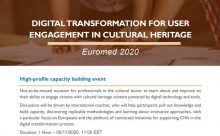
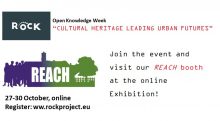
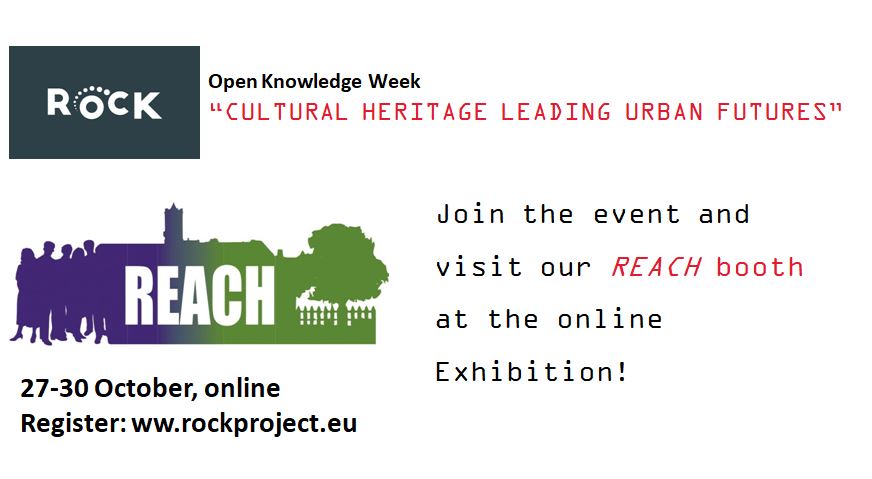 From 27 to 30 October 2020, REACH will participate to the virtual exhibition organized in the framework of the Rock Open Knowledge Week, a four days on line event for city officers, policy-makers, urban researchers, cultural actors and civic changemakers. The event will be joined by more than 50 keynote speakers, hundreds of participants and offers an extensive
From 27 to 30 October 2020, REACH will participate to the virtual exhibition organized in the framework of the Rock Open Knowledge Week, a four days on line event for city officers, policy-makers, urban researchers, cultural actors and civic changemakers. The event will be joined by more than 50 keynote speakers, hundreds of participants and offers an extensive 
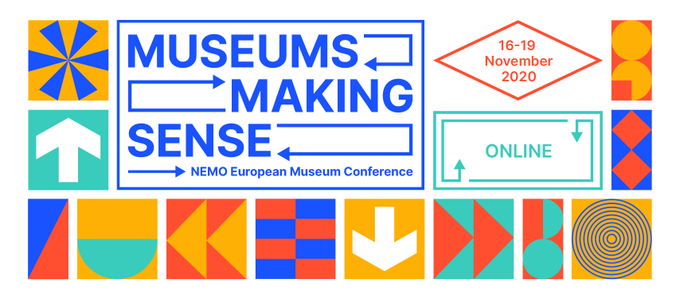 The Network of European Museum Organisations (NEMO) invites you to discuss how museums can help visitors make sense of complicated matters – be it climate change or migration processes or economic relations. Through storytelling methods, museums can help us understand complex interrelations. Museums can work as innovative labs to test different complex scenarios, giving the opportunity to find answers for questions like:
The Network of European Museum Organisations (NEMO) invites you to discuss how museums can help visitors make sense of complicated matters – be it climate change or migration processes or economic relations. Through storytelling methods, museums can help us understand complex interrelations. Museums can work as innovative labs to test different complex scenarios, giving the opportunity to find answers for questions like:
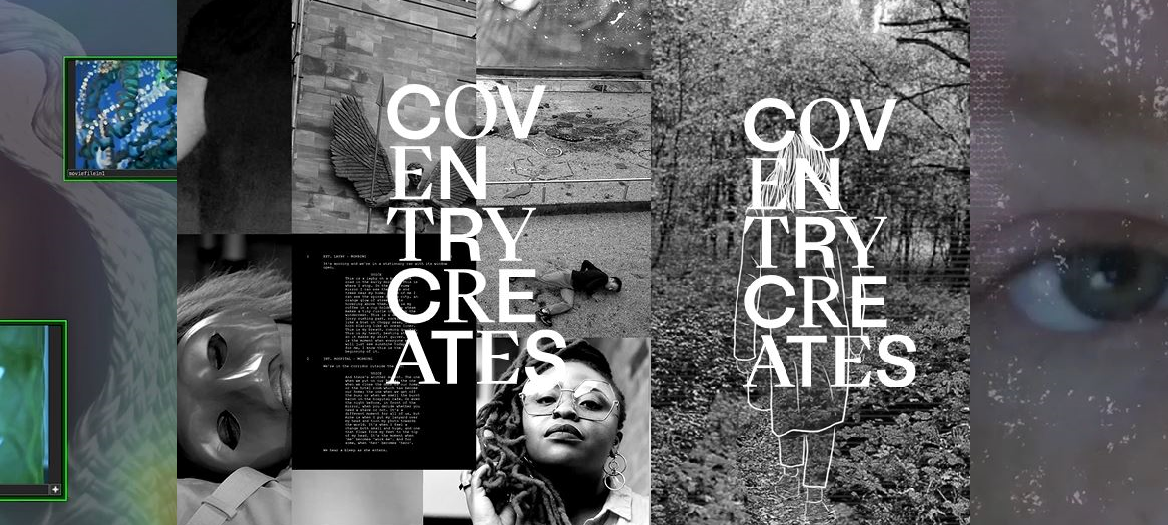 A digital exhibition of artworks created during lockdown and inspired by university research. 18 artistic responses to research dealing with several and multifaceted themes: Coventry poetry, Covid-19 and the Black Lives Matters movement, Coventry and refugees, its twinning history, women’s suffrage, homelessness and interactive games.
A digital exhibition of artworks created during lockdown and inspired by university research. 18 artistic responses to research dealing with several and multifaceted themes: Coventry poetry, Covid-19 and the Black Lives Matters movement, Coventry and refugees, its twinning history, women’s suffrage, homelessness and interactive games.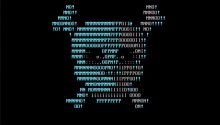
 Espacio Byte, digital art museum, presents a new exhibition on computer viruses.
Espacio Byte, digital art museum, presents a new exhibition on computer viruses.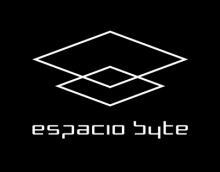 Espacio Byte is an online museum dedicated exclusively to digital art. A source of information to learn about its first manifestations, contemporary movements, and specific issues. The museum offers a natural environment for digital-native artworks, an interface to exhibit the work of artists who, through the use of digital technology as a means of expression, explore new languages, poetics, and aesthetic values.
Espacio Byte is an online museum dedicated exclusively to digital art. A source of information to learn about its first manifestations, contemporary movements, and specific issues. The museum offers a natural environment for digital-native artworks, an interface to exhibit the work of artists who, through the use of digital technology as a means of expression, explore new languages, poetics, and aesthetic values.
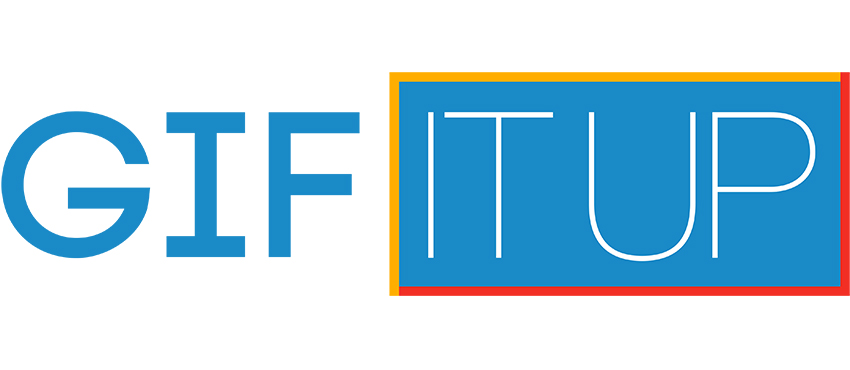 Throughout October, GIF-makers, history nuts, culture enthusiasts, and Internet fans are invited to take part in GIF IT UP 2020, the latest edition of the annual contest hosted by Europeana that challenges people to create animated cultural heritage images and share them online. GIF IT UP is a great and fun way to demonstrate how digital tools can foster culture and creativity. This year, it’s more relevant than ever as we all spend so much more of our lives online. The internet is where we now work, play and interact with others and the COVID-19 pandemic has encouraged many cultural institutions and people to ‘go digital’ and to engage with cultural heritage – often for the first time.
Throughout October, GIF-makers, history nuts, culture enthusiasts, and Internet fans are invited to take part in GIF IT UP 2020, the latest edition of the annual contest hosted by Europeana that challenges people to create animated cultural heritage images and share them online. GIF IT UP is a great and fun way to demonstrate how digital tools can foster culture and creativity. This year, it’s more relevant than ever as we all spend so much more of our lives online. The internet is where we now work, play and interact with others and the COVID-19 pandemic has encouraged many cultural institutions and people to ‘go digital’ and to engage with cultural heritage – often for the first time.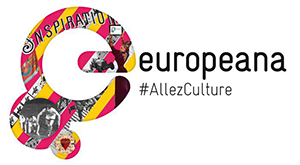 Europeana is Europe’s platform for digital cultural heritage, empowering cultural heritage institutions to share their collections with the world. Through Europeana’s collections website millions of cultural heritage items from around 4,000 institutions across Europe are available online. The Europeana Foundation is the organisation tasked by the European Commission with developing a digital cultural heritage platform for Europe. Europeana DSI is cofinanced by the European Union’s Connecting Europe Facility.
Europeana is Europe’s platform for digital cultural heritage, empowering cultural heritage institutions to share their collections with the world. Through Europeana’s collections website millions of cultural heritage items from around 4,000 institutions across Europe are available online. The Europeana Foundation is the organisation tasked by the European Commission with developing a digital cultural heritage platform for Europe. Europeana DSI is cofinanced by the European Union’s Connecting Europe Facility. If you have interesting news and events to point out in the field of digital cultural heritage, we are waiting for your contribution.
If you have interesting news and events to point out in the field of digital cultural heritage, we are waiting for your contribution.





























